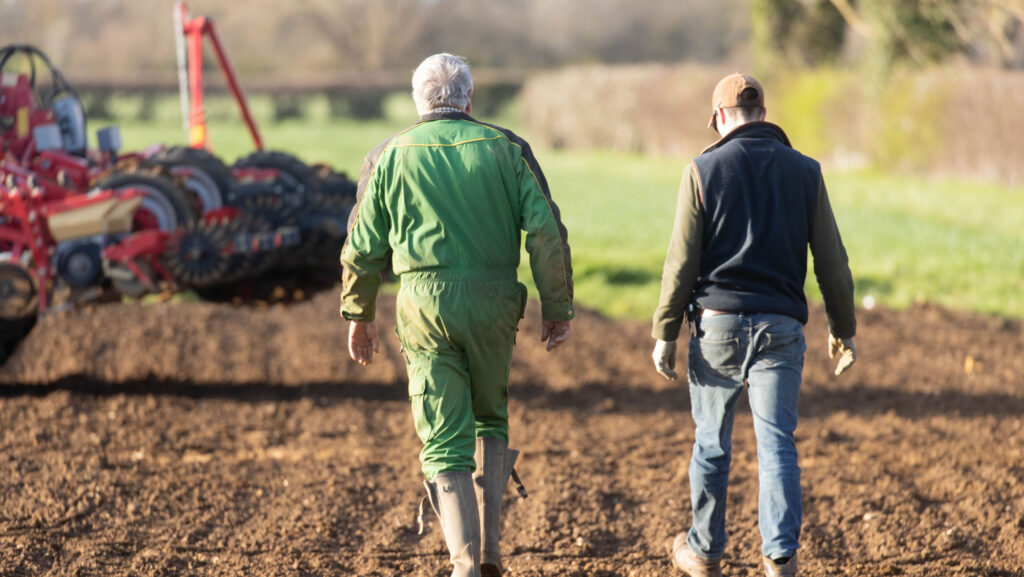Business cost increases set to impact farms in April
 © Tim Scrivener
© Tim Scrivener Farm businesses are set to be hit by a flurry of new tax measures from 1 April onwards, which are expected to leave many worse off and put further pressure on profit margins.
Farmers Weekly has pulled together a list of some of the changes that will impact agricultural enterprises.
Firstly, new double cab pickups will be classified as cars rather than commercial vehicles for tax purposes from April onwards, and as a result, will face higher benefit-in-kind charges and tax bills.
See also: Growers condemn end of Fruit and Veg Aid Scheme
Staffing costs
The national living wage will increase by 77p to £12.21 an hour for all employees aged over 21.
Minimum wage rates for 18 to 20 year olds will increase by £1.40 to £10.00 an hour.
The Agricultural Wages Board (AWB) for Northern Ireland will implement similar increases in minimum wages for agricultural workers from 1 April.
Employers will also be required to pay higher National Insurance Contributions (NIC) of 15% from 6 April.
Furthermore, the threshold when employers begin to pay contributions will be lowered from £9,100 to £5,000, which will put even more pressure on businesses.
However, some smaller businesses will be eligible for an employment allowance, which is set to increase in April from £5,000 to £10,500.
Becky Fraser, tax adviser at Armstrong Watson, says this change will provide some relief to the increase in employer NIC for the smallest employers.
Property
Most planning application fees are due to rise in line with inflation in April, although some will face more substantial increases.
Permitted development applications, which are commonly used to convert farm buildings, will increase from £120 to £240.
The thresholds for stamp duty land tax will remain at £150,000 for non-residential land and properties.
However, exemption thresholds for property will halve from £250,000 to £125,000 in April, adding an additional £2,500 to the purchase cost of a £250,000 property.
Farming businesses which have diversified into furnished holiday lets will no longer benefit from tax advantages, and they will be treated in the same way as long-term lets for tax.
This will mean businesses will not benefit from capital allowances, rollover relief on capital gains tax, or pension contributions related to the holiday lets in the same way moving forward.
Livestock sector
Inspection costs at abattoirs are also set to soar with an 18% increase in veterinary checks and an 11% rise in the cost of meat inspectors, according to the Food Standards Agency.
The British Meat Processors Association has warned this could lead to higher food prices and less competitive meat exports.
Livestock farmers in Northern Ireland will benefit from the Department of Agriculture, Environment and Rural Affairs Suckler Cow Scheme, which opens on 1 April and provides payments of up to £100 a cow.
Inheritance tax
Controversial changes to agricultural property relief on inheritance tax are due to come into effect in April 2026.
